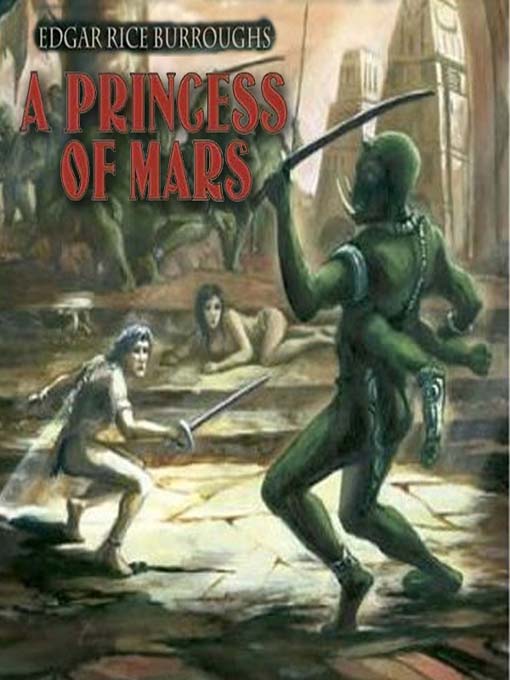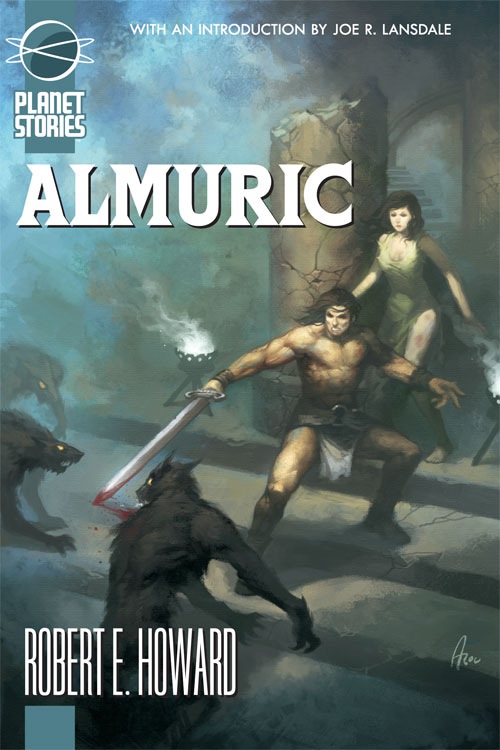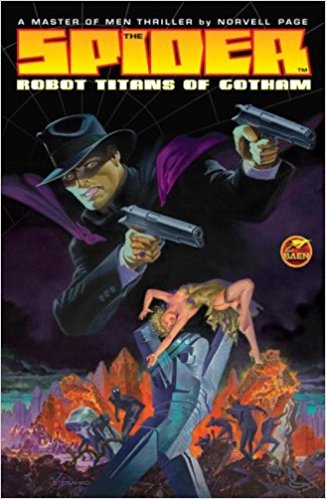I am trying to write a synopsis and outline of a novel I have been picking up and putting down any number of times over the last however many years, a space-opera-ish sf piece called Invisible House. Putting to paper the important essentials when my head is utterly tangled in the details of individual scenes is really hard work. When I take too much out, it starts to seem very pedestrian and boring; when I put too much in, I’m not distilling the story adequately for this particular form.
“On being just complicated enough” is the title of a famous article by Tony Wallace, a grand old man of my graduate department. It is about the complexity of cultural taxonomies, not writing, but too much of my graduate-school education involved the wrong things sticking in memory, and in this case the title adhered while the content has sublimated away.
“Being just complicated enough” is emblematic for me as the goal of a writer. In my own case the problem is a persistent tendency to make things too complicated. At Clarion, Damon Knight (in his last year of teaching there) told me, “You have a fertile mind,” and he did not mean it particularly as a compliment. William Blake has some line about every bird being an entire world if you look at it properly, and that, alas, is what too often starts to happen when I write.
Regarding the synopsis, I picked it up again a few weeks ago after a long dormant period and was surprised to discover I’d worked out a whole bunch of details about the last quarter of the book that had been extremely nebulous in my mind. But when I started working on it those paragraphs started to expand… turned into chapter outlines…chapter treatments… Not a bad thing! But I still need the synopsis to market the book. Must turn the world back into a bird…




